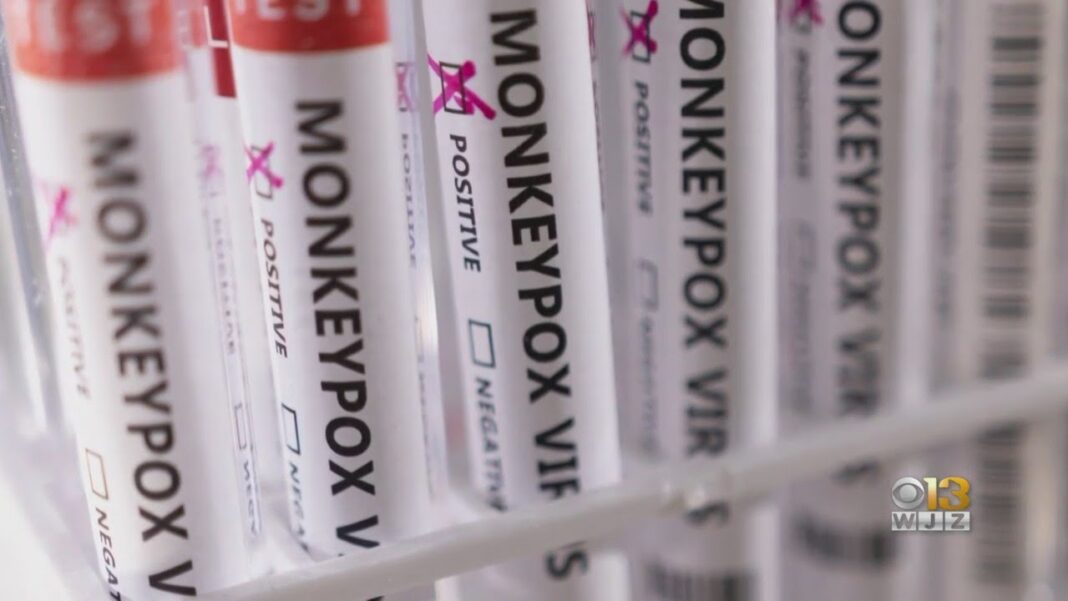How do you compete with a potential adversary while simultaneously allowing that adversary to steal your most precious technologies? How do you defeat a rival whom you believe to be vital to your own survival?
These are the questions that one is immediately presented with when examining the Biden administration’s long-awaited China policy, which was outlined by U.S. Secretary of State Antony Blinken on May 26, and during which he reiterated that the nation would not seek to break away from China’s economy nor to pursue conflict with its communist regime.
“Competition need not lead to conflict,” Blinken said. “We do not seek it. We will work to avoid it. But we will defend our interests against any threat.”
The much-anticipated policy, which the administration did not describe at length for 17 months, disappointed many who believed that Blinken’s speech merely summarized the actions that the administration had already taken and did not meaningfully present any real change to U.S. policy or strategy regarding China.
Derek Grossman, an Indo-Pacific analyst for the Rand Corporation, said in one tweet that the affair was a “missed opportunity,” and failed to cover any new ground.
Notably, however, the outlining of the Biden administration’s China policy did at least implicitly convey one message: The United States failed to deter both China’s rise and the Chinese Communist Party’s (CCP) increasing aggression.
Indeed, Blinken explicitly stated that the United States wouldn’t interfere with China’s ascent to great power status, that it would seek only to ensure that the CCP adhered to international rules, and also that it knew the CCP wasn’t adhering to those rules.
The new policy did offer something of a rebrand, which Blinken referred to as the “American Model,” and described its underlying strategy in the words “Invest. Align. Compete.” But what do those three concepts really mean?
‘Invest’ or ‘Invested’?
Perhaps the most controversial aspect of the administration’s newly minted “American Model” was its emphasis on using taxpayer monies to invest in select industries while refraining from actually divesting in trade with China.
“The United States does not want to sever China’s economy from ours or from the global economy, though Beijing, through its rhetoric, is pursuing asymmetric decoupling, seeking to make China less dependent on the world and the world more dependent on China.”
“We will invest in the foundations of our strength here at home,” Blinken said, “our competitiveness, our innovation, our democracy.”
Blinked said that such “strategic investments” would be made in the realms of education, artificial intelligence, biotechnology, and quantum computing, though he did not give any examples of how precisely this investing would be done, in what amount, or to what organizations, or whether or not there a plan.
When he did speak of specific investments to be made under the China policy, Blinken appeared to only speak of two spending bills, both of which were from last year.







